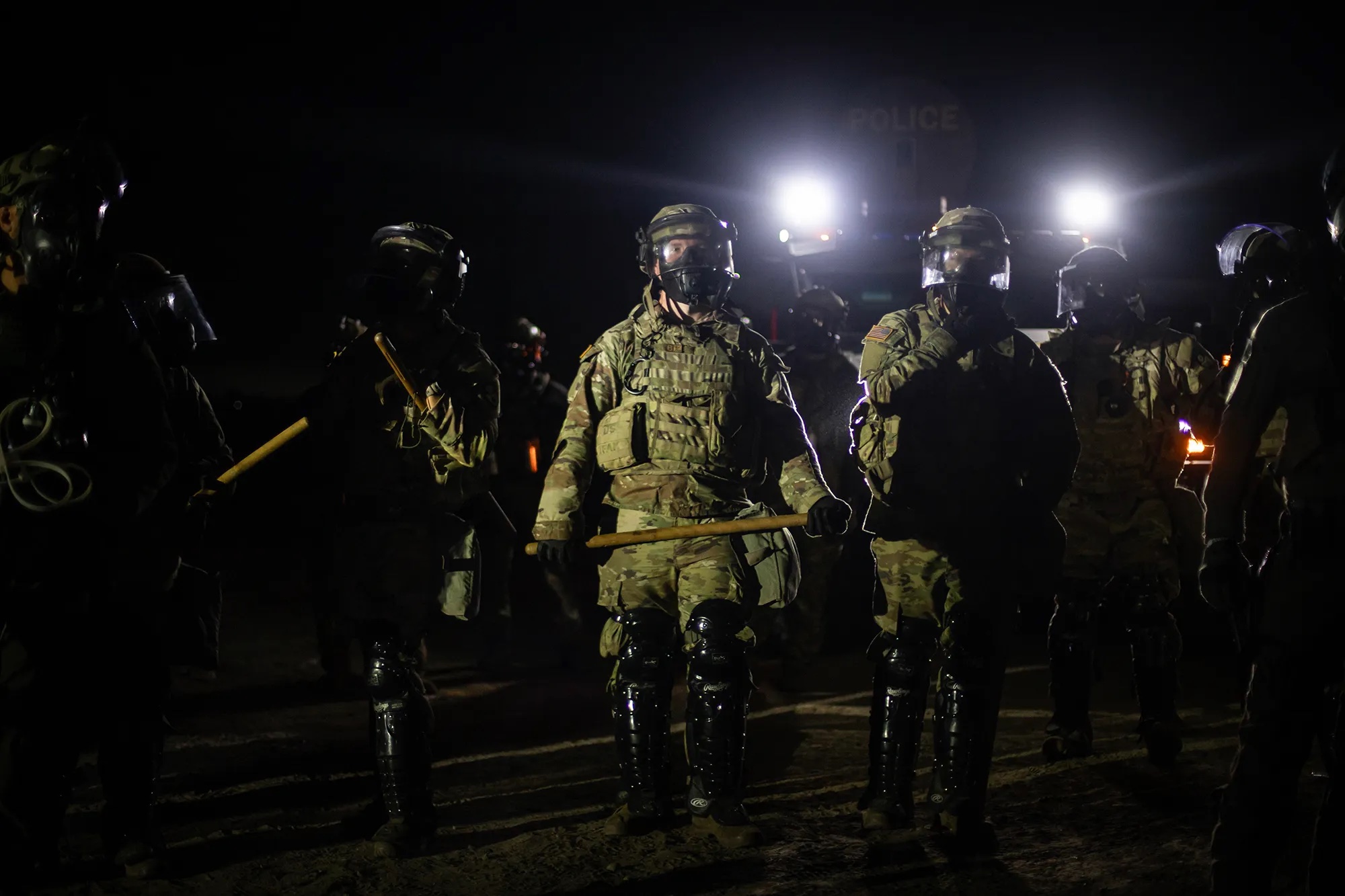#transnational-crime
#transnational-crime
[ follow ]
#drug-trafficking #china #human-trafficking #national-security #fraud #ice #law-enforcement #sinaloa-cartel
fromenglish.elpais.com
1 month agoCartels in Mexico take a leap forward with narco-drones: It is criminal groups that are leading the innovation race'
Security specialists in Europe, the United States, and Mexico have detected that cartels have infiltrated their members into the Ukrainian frontlines, where they have received training to pilot remotely controlled drones, readily available in any store and capable of being adapted as kamikaze projectiles. In this way, drug cartels are incorporating low-cost combat strategies which have proven to be a turning point in Kyiv's resistance against Moscow into their arsenal.
World news
New York City
fromwww.amny.com
1 month agoFeds unveil new Homeland Security Task Force to fight crime in New York despite record-low shootings and murders amNewYork
Homeland Security Task Force in New York will target transnational criminal organizations involved in drug and weapons trafficking, money laundering, human smuggling and violent crime.
fromwww.theguardian.com
2 months agoAlice Guo, Chinese national who ran huge scam centre while Philippines mayor, sentenced to life in prison
Guo, who served as mayor of a town north of Manila, was found guilty of overseeing a Chinese-operated online gambling centre where hundreds of people were forced to run scams or risk torture. The sprawling complex which included office buildings, luxury villas and a large swimming pool was raided in March 2024 after a Vietnamese worker escaped and called police. More than 700 Filipinos, Chinese, Vietnamese, Malaysians, Taiwanese, Indonesians and Rwandans were found on site, along with documents allegedly showing that Guo was president of a company that owned the compound.
World news
fromwww.aljazeera.com
2 months agoSpanish police arrest suspected members of Venezuelan gang targeted by US
Spanish police have detained 13 suspected members of Venezuela's notorious Tren de Aragua crime gang, which has increasingly come under scrutiny as the United States actively targets and kills what it says are its cadres smuggling drugs on vessels in the Caribbean and eastern Pacific. The arrests were made across five Spanish cities, police said on Friday. The gang was designated as a global terrorist organisation by the US earlier this year.
Miscellaneous
fromNextgov.com
2 months agoInside the Secret Service hunt for skimmers as outdated SNAP cards let thieves steal millions
TOWSON, MARYLAND - Inside a suburban Maryland gas station, the Secret Service's Vincent Porter runs his fingers over a card reader in front of a clerk, hunting for signs that the terminal has been hijacked by thieves. The financial analyst is feeling for the plastic overlay of a skimmer, an electronic device used to exploit the half-century-old card technology still used to deliver benefits from the Supplemental Nutrition Assistance Program, or SNAP, which helps over 41 million Americans pay for food each month.
Agriculture
fromwww.theguardian.com
4 months agoRevealed: the huge growth of Myanmar scam centres that may hold 100,000 trafficked people
Myanmar, Cambodia and Laos have in recent years become havens for transnational crime syndicates running scam centres such as KK Park, which use enslaved workers to run complex online fraud and scamming schemes that generate huge profits. For them, money is more important than human life Trafficking victim There have been some attempts to crack down on the centres and rescue the workers, who can be subjected to torture and trapped inside.
World news
fromThe Cipher Brief
5 months agoMyanmar's Civil War Is Tearing the Country Apart
But Myanmar's civil war is not just a humanitarian catastrophe-it's a geopolitical fault line. The protracted conflict has displaced 2.6 million people, fueled transnational arms and drug networks, and drawn in outside powers like China and Russia-yet it remains largely absent from international policy debates. Analysts warn that continued neglect could destabilize Southeast Asia for years to come, potentially empowering malign actors across the region.
World politics
San Jose Sharks
fromBusiness Insider
8 months agoWarship captain explains why the US Navy sent his destroyer fresh off the Red Sea fight to the US southern border
The US Navy deployed three destroyers, including USS Stockdale, to support southern border security with advanced communication and surveillance capabilities.
[ Load more ]



